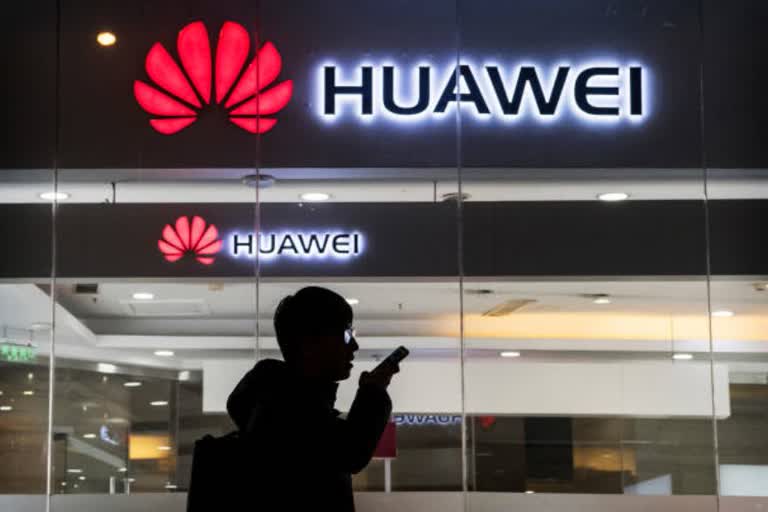Mumbai: Chinese telecom equipment manufacturer Huawei's India chief executive Jay Chen on Thursday said 5G is safer than previous networks and only quantum computing can help break into the architecture.
Asserting that the company, which has made the entire world paranoid from the security front has never been found violating a security protocol in its three decades of presence.
Speaking at The Economist's India Summit, Chen also said that it is the only vendor willing to sign the "backdoor agreement", through which it is committing for ensuring that no entity will have backdoor access to data.
It can be noted the possibility of user data being used by Chinese entities because of Huawei's network equipment has made many people concerned, especially at the cusp of a massive roll-out of the 5G networks across the world.
"5G is much safer than previous networks because of the architecture. An only quantum computer can break the safety," Chen said.
"Many are talking on the backdoor concerns. Until today, no evidence can be presented to tell that yes, there is something on Huawei. We are also the only company willing to sign the backdoor agreement. It's a global commitment to sign the backdoor agreement to governments," he said.
It can be noted that India, which is mulling a rollout of the 5G networks in the country, is as yet undecided on whether to allow the Chinese company to act as a vendor, unlike the US, which is not. The third-largest telco Bharti Airtel has come out in support of the Chinese firm.
Read more: Trade differences with US narrowing, India hopeful of trade deal soon
According to experts, 5G will radically change the telecom landscape by going beyond data and voice, and the focus will be use cases where the high bandwidths make great things possible. Valuable data will be at the heart of everything, leading to the concerns over its misuse.
Chen said China has rolled out 5G at capital Beijing's newest airport, which is billed as the biggest such facility in the world, where it is using facial recognition algorithms for seamless movement of passengers from the entry to aircraft.
When asked about the concerns on security and privacy, Chen said there is a need to maintain a "balance" between possibilities of technology and such concerns.
"Personal data protection and security are very important. at the same time, we cannot stop the new technology and the new use case and new application and new development only because of security concerns," he said.
Chen, who has been in India since 2007 barring one year, said the Indian telecom sector is going through a challenging time at present because of the competition and low pricing of services.
Revenues have slid from USD 26 billion in 2016 to USD 22 billion last year, he said.
"We still think this industry is a very important industry. it is the enabler for all the other industries' development," he said.



